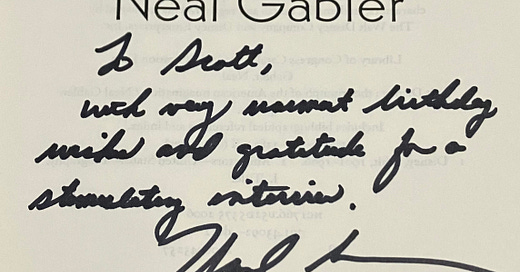Interviews have always been a major part of my journalism. From my articles for a school newspaper and an alternative press in Chicago to Autonomia, the interview is one of my most practiced, skilled and methodical formats. I possess a natural (and arguably inappropriate) curiosity in the company of stars, strangers and ordinary people. Even as a boy, if I wanted to know something, whether the cause of a handicapped person’s handicap or the cause of an action in the presence of someone in authority, such as a firefighter or police officer, I walked up and asked what was happening and why. To family, friends’ parents, neighbors, teachers, priests, nuns and policemen, I think I must’ve been an exhausting child. As I started to read about sex in books I discovered—and in a magazine titled Playboy—I became fascinated by topics, questions, answers—especially in interviews. Playboy’s monthly interview, in particular, influenced and formed my philosophy of conducting the proper interview.
Ear…
Keep reading with a 7-day free trial
Subscribe to Autonomia to keep reading this post and get 7 days of free access to the full post archives.



